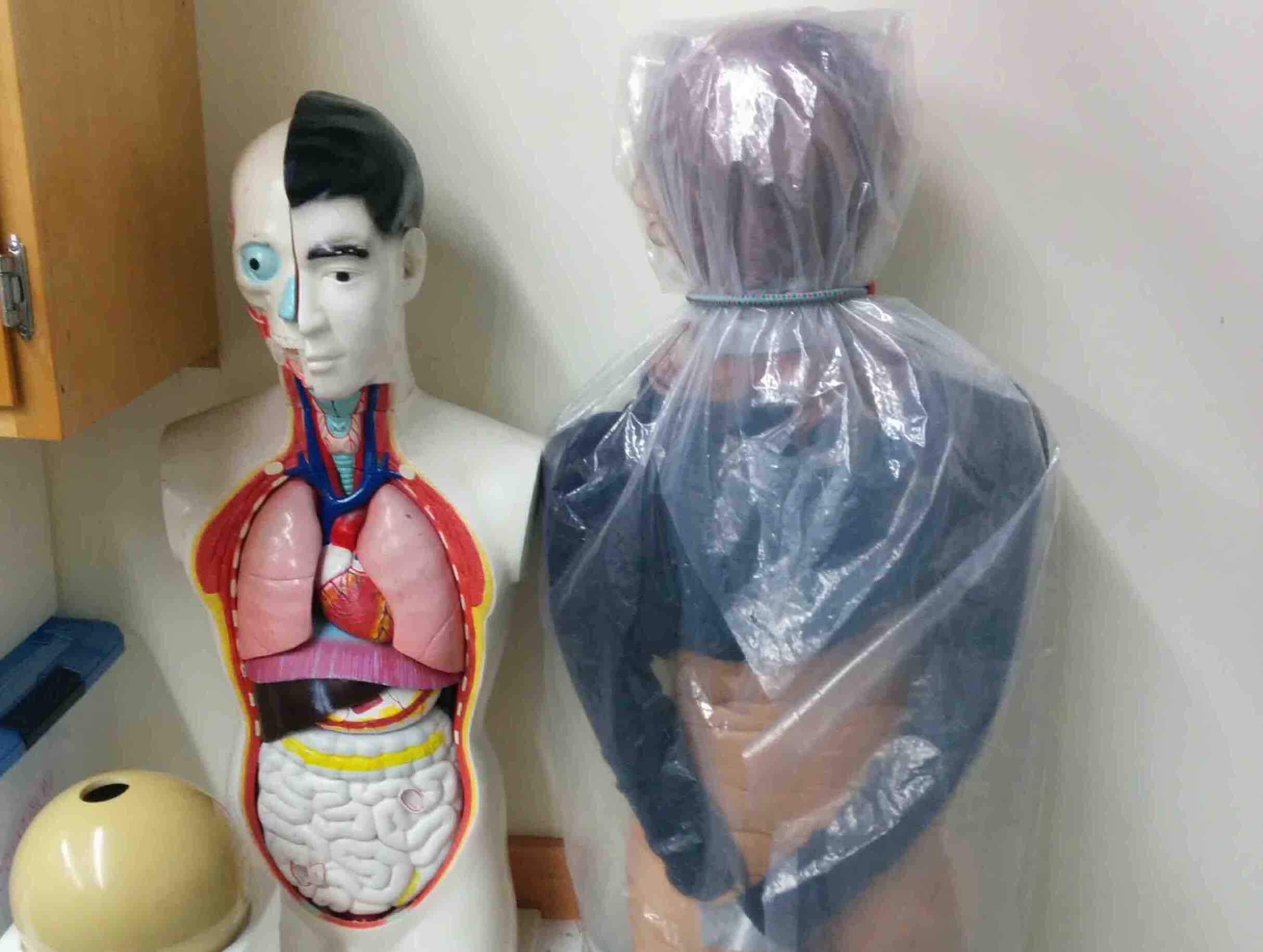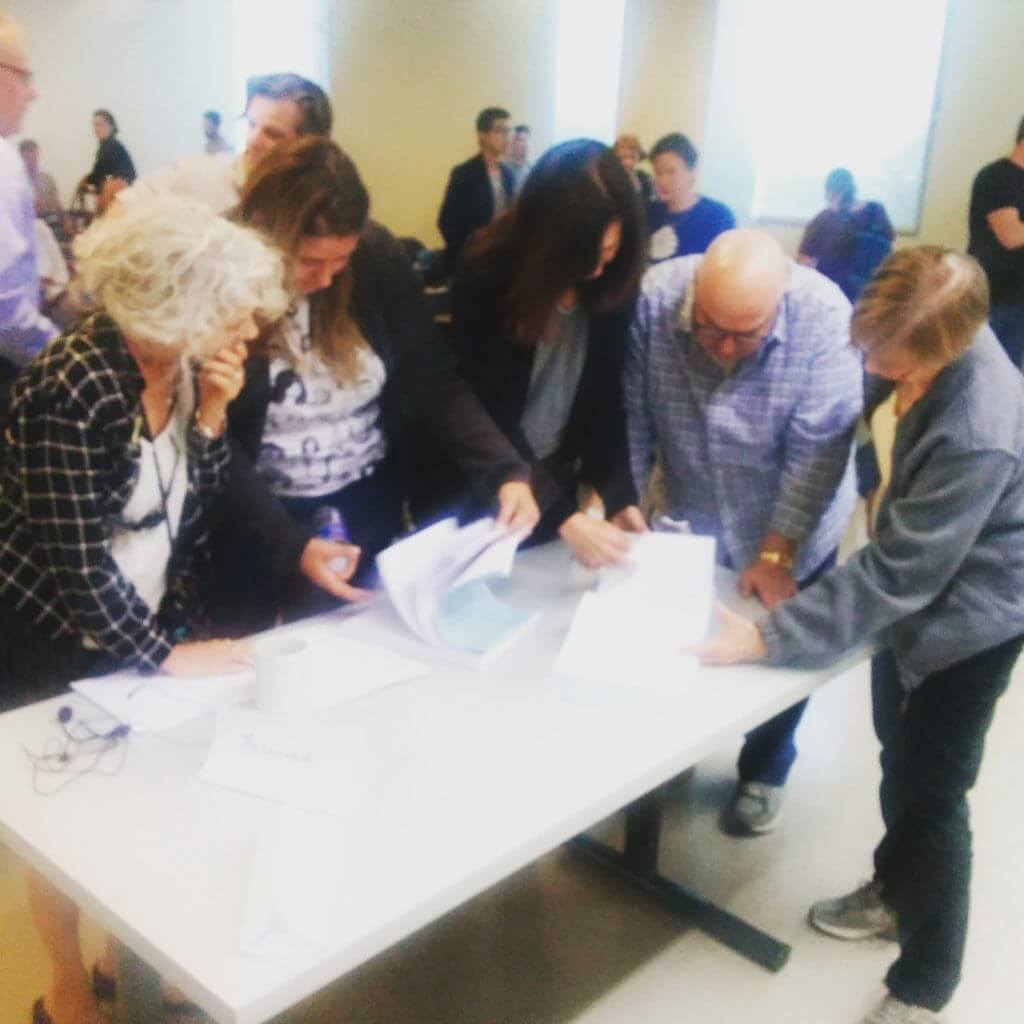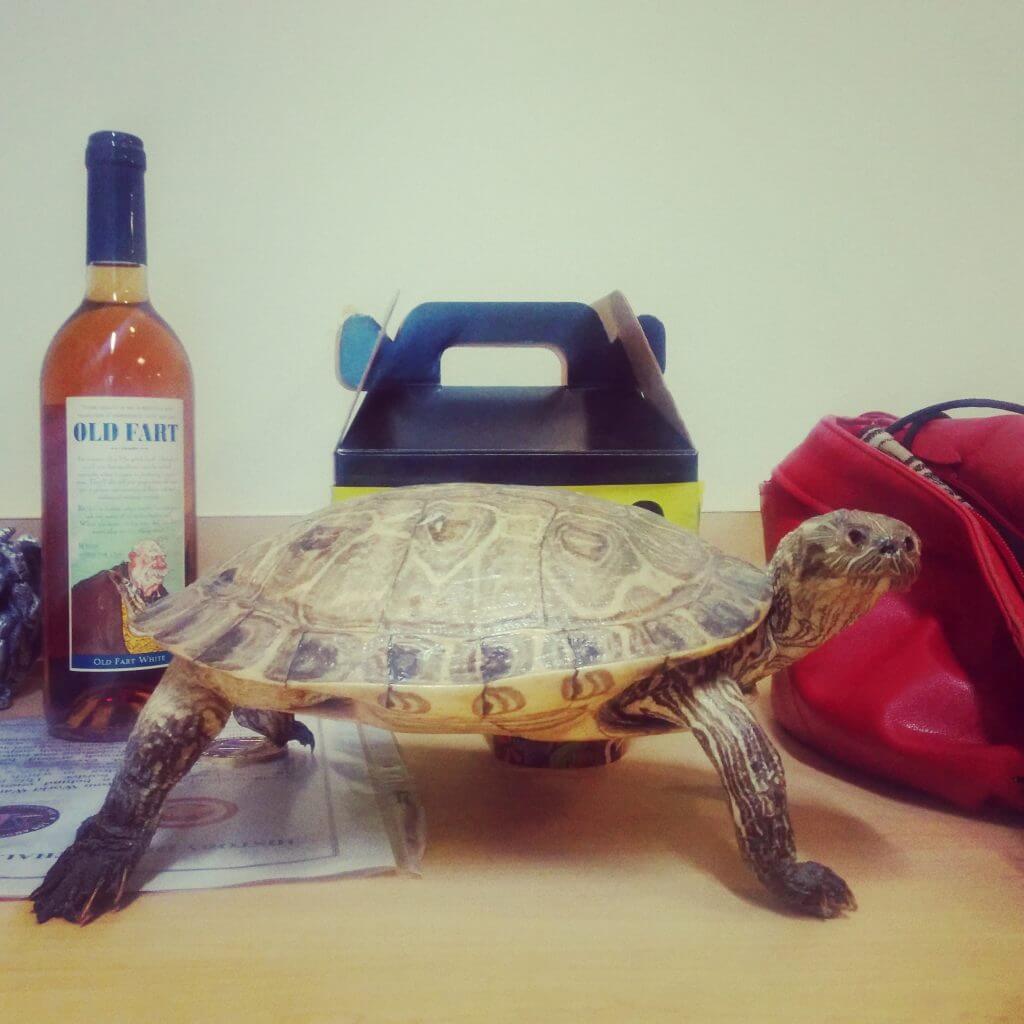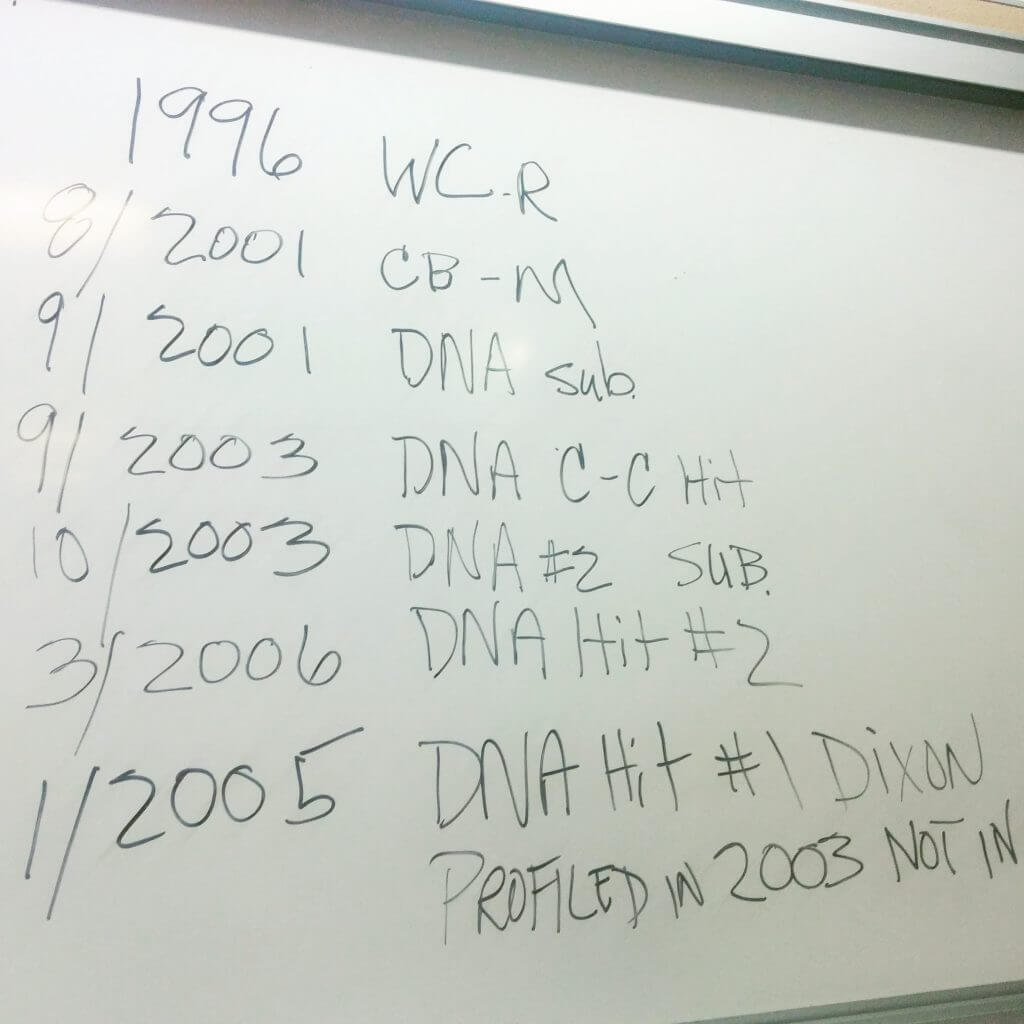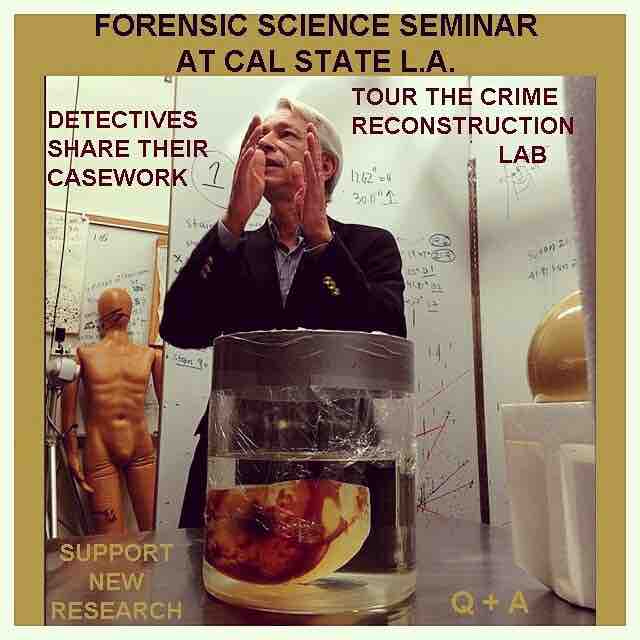MURDER WILL OUT: THE SECRET WORLD OF TRACE EVIDENCE
The Los Angeles Visionaries Association, Esotouric and Professor Donald Johnson invite you to the Cal State Los Angeles teaching crime lab for an afternoon’s inquiry into the history and practice of forensic science in Southern California, in support of new research coming out of the Criminalistics Department.
Join us as the people who worked the cases share a fascinating journey through the investigations and prosecutions.
Taking its name from Perry Mason, the popular mid-20th century television series where such dramatic reversals occurred, in court proceedings, a “Perry Mason moment” is said to have occurred whenever information is unexpectedly introduced into the record. It changes the perception of the proceedings greatly and can influence the outcome. Often it takes the form of a witness’s answer to a question, but it can sometimes come in the form of new evidence.
Because of modern discovery requirements, Perry Mason moments are rare in actual American court proceedings. Both sides are largely aware of what the other plans to introduce as evidence, and lawyers largely prefer not to ask witnesses questions when they do not have a good idea what the response will be.
Two cases will be presented, both with Perry Mason Moments, both with bloodstain pattern interpretations, both from the multiple perspectives of the lab scientist-investigating detectives-prosecutors, both illustrating the upmost in prosecutorial ethics when those Perry Mason moments occurred.
Presentation #1: “How The DNA Database Brought Christina Burmeister’s Killers To Justice” with retired LASD Detective Sgt. Joe Purcell, LASD Homicide Bureau Detective Deputy Phil Guzman, the prosecuting Deputy District Attorney John Monaghan (Assistant Head Deputy of the Pomona Branch), and retired LASD Senior Criminalist Lynne Herold.
This presentation brings together a detective, forensic scientist and prosecuting attorney for a multi-dimensional journey into the investigation and prosecution of Christina Burmeister’s murderer, a case that hinged upon the 2004 passage of Proposition 69, the DNA Fingerprint, Unsolved Crime and Innocence Protection Act. This law requires felons to submit DNA to a statewide database.
On August 17, 2001, Christina Burmeister, 20, left her Cerritos home to attend a Cal Poly Pomona frat party. Before arriving, she was kidnapped, and her ATM card used at a bank. Burmeister was then driven up Highway 39 in Azusa Canyon, where her throat was slashed. Her body was found in her abandoned pickup truck, along with an abandoned plastic cigar tip, from which DNA evidence was extracted.
In 2005, James Winslow Dixon, a felon who had been released from prison in 1993, was tied to the crime through DNA evidence. He and several compatriots were then charged with the murder of Christina Burmeister.
Bloodstain patterns found at the scene were able to provide information about what happened during the murder and determine who was telling the truth: the three compatriots of the defendant who gave statements in an effort to avoid the death penalty, or the defense expert’s bloodstain pattern interpretation.
Presentation #2 the People vs Kyle Christopher Jacobs (aka “Why you should never feel bad about your housekeeping skills”) presented by retired Senior Criminalist Lynne Herold and the prosecuting Deputy District Attorney T. D. Pham.
The victim (a friend of the defendant) died of a single shot gun wound to the head, a large metal mallet lay near his body in the driveway of the defendant’s house. Was this a murder or, as the defendant claimed, a case of self-defense? What happens when a witness spontaneously testifies that the large metal mallet was first seen in a position other than depicted in the crime scene photographs?
